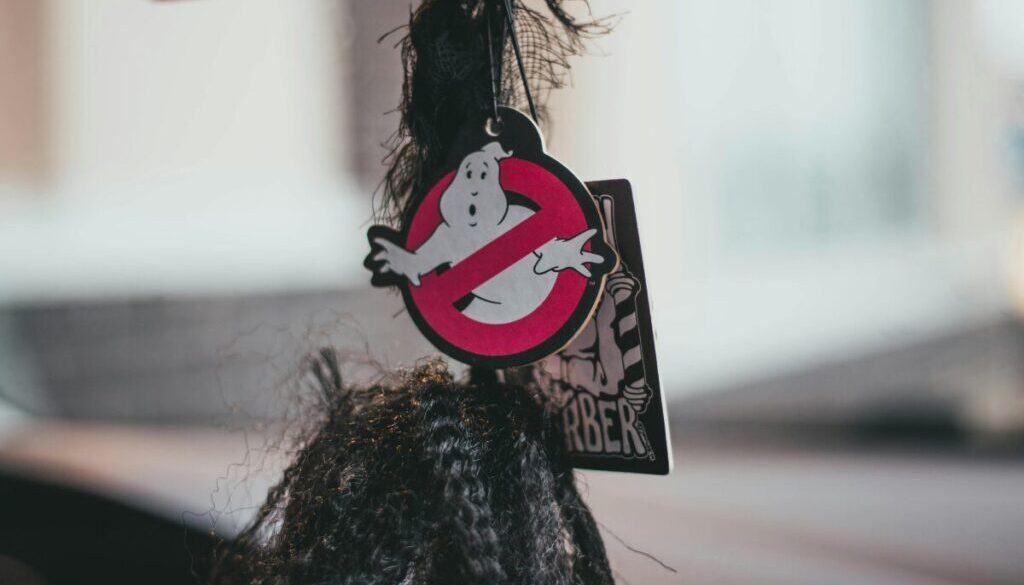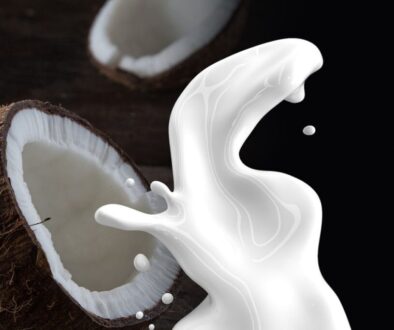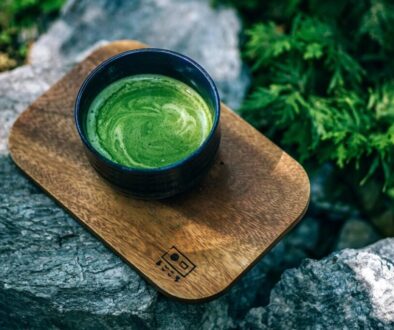The Air Freshener That I Breathe
Picture by Erik Mclean

Article by Helen Lovell-Wayne, MS
https://www.linkedin.com/in/helen-lovell-wayne/
https://www.instagram.com/hwlovell/
hlovell@gmail.com
This paper informs consumers about products they may currently be buying. Hopefully this article will increase demand from consumers. As a result, industries should supply safer and more sustainable products.
Tropical Rain Forest, Summer Sky, Hawaiian Breeze, and Apple Cinnamon. These are some of the fragrances the public can buy. People spray, plug in, and light air fresheners. Additionally they place them loose. lastly they hang them on rearview mirrors. To the public this is just a way of making the day more pleasant. But air fresheners are not as benign as they appear. They release pollutants. Hence the can cause: eye irritations and dry mucous membranes. Not to mention, mental fatigue, headaches, hoarseness, wheezing, nausea and dizziness. More disturbingly they can also cause neurological disorders, and cancer (Augustine).
🧪TOXIC CHEMICALS FOUND IN AIR FRESHENERS🤢
Air fresheners do not magically create pleasant aromas. They simply mask the scent. Therefore , when the air freshener stops dispensing smells the odor returns. Unpleasant smells actually might be good for us to detect. They are signs of contaminated ground water or soil. Additionally they can signal sewage leakage, or mold. Without having the smell a person might not detect a problem. This could result in both economic and health problems.
Air fresheners are either synthetic or organic. Either way they extract the smell with alcohol. Some brands prefer one type of alcohol over another. For example isopropyl or propyl. Isopropyl is usually utilized since it is the cheapest ( Nazaroff 2006). Alcohol can cause health reactions. Yet its toxicity is minor compared to what is added next. These chemicals can include the following. Sulfur dioxide, nitrogen dioxide and carbon monoxide. Not to mention the following compounds. For example VOC’s, D-linonene and linalool ( Jayasinghe). In addition terpenes, benezine, and phalates ( Jayasinghe). These ingredients keep the smell in the air for a long time. However they are also linked to serious health problems (Wouter 2014).
👃NO REGULATION ON AIR FRESHENERS📜
The government does not regulate everything harmful to humans. However many people have that misconception. Companies do not need to reveal any ingredient that causes a smell (Scott 2008). This means companies can put any toxin they want into the mixture. They do not have to reveal it to the consumer. Currently this practice is completely legal (Gary Marchant). Certain individuals suffer health issues when they smell air fresheners. These people include the those in the following categories. Asthmatics, autistic people and those with chemical sensitivities (Steinemann and Goodman).
Business offices have become aware of this problem. Some of them have implemented scent free policies. Employers, visitors, and volunteers can’t use anything with a scent. This includes: shampoos, hairsprays, soaps, lotions, aftershaves, colognes and air fresheners. Some places require mandatory compliance. However others have voluntary compliance. Over 50% of the population prefers fragrance free indoor spaces. This includes workplaces, hotels and planes. Workers in these environments have less adverse health problems. Additionally they miss fewer days of work, are more productive. Accordingly they have more positive outlooks on life ( Steinemann). Fragrance free workplaces can also save on lawsuits. One company ignored a chemically sensative employee. The company continued to allow other employees to use scented prodcuts. The employee recieved a settlement of $100,000 (Burg 2013).
💨 A FEW AIR FRESHENER SOLUTIONS 🪟
Nowadays a lot of people are working from home. Indoor air quality affects occupants moods, health and productivity. Bad smells can have a negative effect on mood and health. How do we create a happy medium that satisifies everyone? One thing to do is keep indoor air ventilated. Open windows and allow the cross breeze. This will flush out the stale air. Remove or fix the things that cause bad orders. If nothing is else works try a quality air purifier. That should help clear the air (Lui 2017).
Air quality affects all forms of life. If humans are getting effects so are other animals. We all depend on each other to survive. Spare yourself and the health of the planet. Don’t invest in any scented product. That way we can all breathe a little easier.



